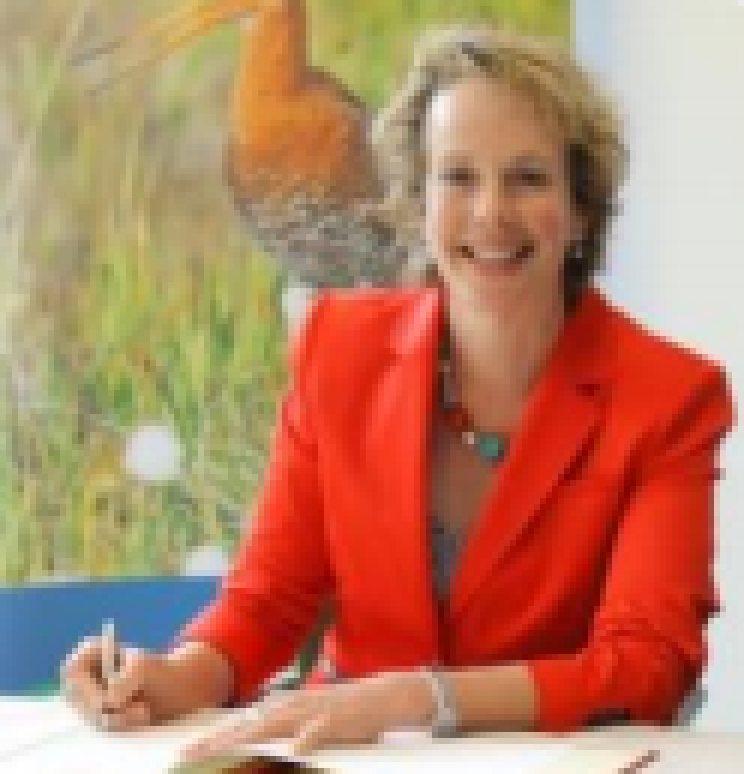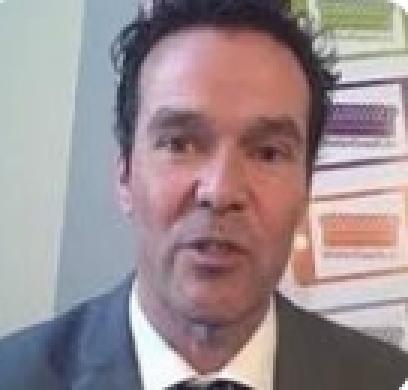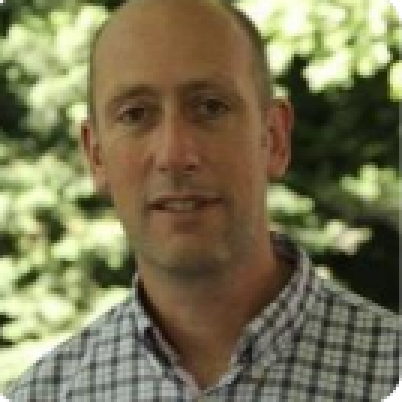Published on: 17/10/2017

Within the focus area (speerpunt) “water” of Dutch development cooperation policy, there are two key strands: improving integrated water resources management (IWRM) and the provision of water, sanitation and hygiene (WASH) services. At policy level, relevant linkages between these two areas are made. For example, the new WASH strategy refers to the importance of the environmental sustainability of WASH services, which also includes water resources management. The International Water Ambition (IWA) focuses on improving water management in urbanising deltas and includes the provision of basic WASH services as part of that. These linkages are needed in view of Sustainable Development Goal 6 (SDG6), which combines goals and targets related to access to WASH services and improvements in water resources availability, quality and management practices. Mitigating the possible impacts of climate change makes the need for linkages even stronger.
In spite of these strong policy intentions, few mechanisms and instruments exist to ensure these linkages. This is due to various reasons, including the silo-ed way of working of the actors involved in WASH and IWRM respectively, insufficient understanding of ways of applying IWRM principles to WASH and different geographical areas for WASH and IWRM programmes.
Several Dutch actors working in the international water/WASH sector are defining approaches, mechanisms and tools to address these issues, including DGIS itself through its Water Cluster, Watershed – empowering citizens (a programme to strengthen civil society capacity for improved water governance), the Netherlands Water Partnership and others.
About every 4 months over the last 3 years, IRC has organised debates on topics of relevance to the Dutch WASH sector, often in partnership with other sector players, such as NWP, VIA Water, the Max Foundation, DGIS and Watershed.
This debate aimed to discuss the need for better linkages between WASH and IWRM, the barriers for doing so and ways of overcoming these.
Read the IRC write-up the WASH Debate: Linking WASH and integrated water resources management: why and how?
Water Integrity Network Chief Strategy Advisor Teun Bastemeijer has written a reflection piece with his key takeaways from the event titled "The challenges of linking WASH and WRM to achieve SDG6 in times of climate change".
Read the background paper:
Weert, F. van, 2017. WASH and water security : integration and the role of civil society, Wageningen, The Netherlands: Wetlands International. 48 p.
CSOs can advocate for integration of water security within the water sector by bringing salient, legitimate and credible information on complex water issues and possible solutions to those informal spaces and creating equal access and understanding.
Further reading:
Batchelor, C., Smits, S. and James, A.J., 2011. Adaptation of WASH services delivery to climate change and other sources of risk and uncertainty (Thematic Overview Paper 24). The Hague: IRC. 92 p.
This paper recommends a range of practical and well-proven methods and tools for managing risk and uncertainty linked to climate change and other factors for WASH practitioners to use.
Butterworth, J.; Warner., J.; Moriarty, P.; Smits, S. and Batchelor, C., 2010. Finding practical approaches to integrated water resources management. Water alternatives 3(1): pp. 68-81.
This article it introduces a range of lighter, more pragmatic and context-adapted approaches to integrated water resources management suitable for developing' countries.
Koch, G. & Noe, C., 2016. Integration of water, sanitation, and hygiene (WASH) and freshwater conservation : overview and background, case studies, and enabling conditions. Atlanta, GA, USA: The Coca-Cola Company. 155 p.
The objective of this report is to advance the projects and partnerships of Coca-Cola's Global Water Stewardship work to have greater impact and contribute to the realisation of Sustainable Development Goal (SDG) 6.
Kortlandt, J., 2017. WASH/IWRM alignment in Dutch foreign policies and practices : main findings from interviews and literature review. Wageningen, The Netherlands: Wetlands International. 3 p.
In order to ensure sustainable WASH in a context of decreasing water security, there is a need to align WASH and IWRM.
Shope, E., 2014. Connecting water, sanitation and hygiene with fresh water conservation and climate resilience : the need to facilitate integration in development assistance. (NRDC issue brief) New York, NY, USA: Natural Resources Defense Council. 12 p.
Projects that integrate water, sanitation and hygiene (WASH interventions, climate resilience and fresh water conservation are more efficient and sustainable. Issue brief with a special focus on USAID-funded projects.
Smits, S.; van Koppen, B.; Moriarty, P. and Butterworth, J. 2010. Multiple-use services as an alternative to rural water supply services : a characterisation of the approach. Water Alternatives 3(1): pp. 102-121.
Lessons and recommendations drawn from case evidence collected in eight countries in Africa, Asia and Latin America.
[See also: MUS Group, 2013. Matching water services with water needs. The Hague, The Netherlands. 4 p. + www.musgroup.net]
Wetlands International (2010). Wetlands and water, sanitation and hygiene (WASH) : understanding the linkages. Wageningen, The Netherlands: Wetlands International. 96 p.
This book provides guidelines on the integration of wetland management and WASH approaches. Such integration can bring clear benefits to the health and development of people.
7AM, Buitenhof 47
2513 AH The Hague
Note
If you are unable to attend please share this invitation within your networks and organisation.
| 16:30 -17:00 | Welcome: Coffee and tea/networking |
17:00 – 17:05 17:05 – 17:10 | Welcome by Stef Smits Introduction to the programme and speakers by the moderator: Patrick Moriarty, CEO, IRC |
Speakers 17:10–17:55 | Water security in WASH services delivery by Jane Madgwick, Chief Executive Officer Wetlands International WASH and IWRM by Pim van der Male, Senior Policy Officer Water Management, Environment and Water Division, Ministry of Foreign Affairs, The Netherlands Value water : WASH and IWRM as part of the water security by Niels Vlaanderen, Coordinator International Water Affairs, Ministry of Infrastructure and Water Management. |
Panel & plenary discussion 17:55-18:25 | Plenary debate, led by the moderator will focus on the perspective from the audience, focusing on guiding these questions: - How can IWRM principles be integrated into WASH programmes to ensure water resources sustainability? |
| 18:25-18:30 | Closing remarks and an invitation to drinks and networking |
| 19:30 | End |
 | Jane Madgwick, Chief Executive Officer Wetlands International Since 2004, Jane has been CEO of Wetlands International, leading a network of 20 offices operating in over 100 countries. Wetlands International builds knowledge and facilitates action to safeguard and restore wetlands for biodiversity conservation, water security, disaster risk reduction, climate resilience and livelihoods. This is achieved by working with governments, companies, knowledge institutes and civil society organisations to facilitate change at a landscape scale. She is prominent in building partnerships and global dialogues that enable ecosystem-based solutions to achieve a safe and secure world. Previously Jane worked for WWF in Europe and Australia. |
 | Pim van der Male is a Senior Policy Officer Water Management at the Ministry of Foreign Affairs. A Human Geographer by trade, Pim has been working with organisations like SNV, UNFPA and UNDP in a range of countries (e.g. Papua New Guinea, Sudan and Tanzania). He joined the Ministry of Foreign Affairs in 2005 and has been involved in the water sector for 5 years. Planning, Monitoring and Evaluation (PME) and results based management have been a common factor in his assignments; current focus is on partnerships with the private sector to solve water related issues. In this capacity he is responsible for setting up and managing the Sustainable Water Fund. |
 | Niels Vlaanderen is Coordinator of International Water Affairs at the Ministry of Infrastructure and Water Management. He holds a degree in Economics from the Vrije Universiteit Amsterdam (VU) and has 17 years of experience in the water sector. He has previously worked as an Economist for Rijkswaterstaat (part of the Dutch Ministry of Infrastructure and the Environment) and as a Senior Policy Advisor for the Ministry of Transport, Public Works and Water Management. Some of his recent research areas include water-related disaster risk reduction and exploring governance in transboundary cooperation in water and climate change adaption. |
 | Dr Patrick Moriarty is IRC's CEO. He is a Civil Engineer by first degree and Water Resource Management expert. Patrick has over twenty years' experience on a broad range of issues around water, its management and its use in improving human wellbeing, predominantly in Africa and South Asia. Patrick's main area of interest is in how sector wide change processes can be ignited and supported to bring improved services (and more sustainable resource use) to a country's citizens. He finds the most professional satisfaction working in the messy interface between policy, applied research and practice. |
René van Lieshout, lieshout@ircwash.org
Vera van der Grift, grift@ircwash.org